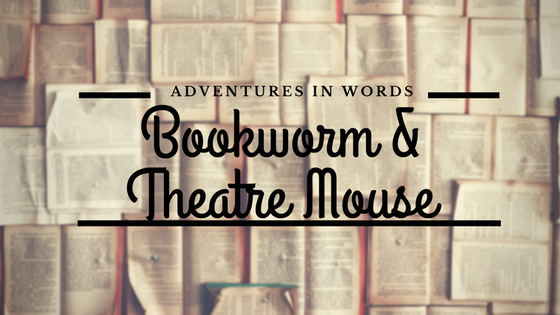I have just returned from Krakow, Poland. The purpose of this visit was to visit Auschwitz and educate young people on the past, present and future of the Jewish community of Europe. After all as the quote from George Santayna states, ‘Those who do not remember the past are condemned to repeat it.’
One of the greatest ways for us to understand the tragic events of the Holocaust is from the testimonies and memories of those who sadly had to experience them. One such survivor was Edith Eger, and has put pen to paper to bring us a true story of hope in her work ‘The Choice’.
I knew nothing about this book until a friend had read it and passed it on to me, as she wanted a History teacher’s view of it. And she could not have timed it better to coincide with my trip to Poland.
Oh my – what a book – what a life. I am so glad that Edith Eger felt she could tell her story as part of her attempt to release herself from her past.
Edith became a prisoner of Auschwitz when her family was sent there along with thousands of Hungarian Jews. She talks about her experiences in the camp – even her encounter with Doctor Mengele. However, this is not the sole focus of the book; this is about the choices she consciously makes to survive. And these choices are made by Edith every day, from the moment she was taken to the camp right up to now.
Edith Eger comes across as an extremely strong woman who did not want her past to define her, but to allow her to become the woman she is today. Now, she helps others to make the choices they need to, for them to become the best versions of themselves. Edith does not want others to make the mistakes that were made in the past.
This book is one that is almost impossible to put down, as you follow Edith Eger through her life story. It certainly made me consider the choices I make a little more carefully as, ultimately, we are the only people in control of our future and we do not have to rely on others or events beyond our control to take over.
This book is an inspiration and certainly made me look at my trip to Krakow a little differently to those trips I had made before.
